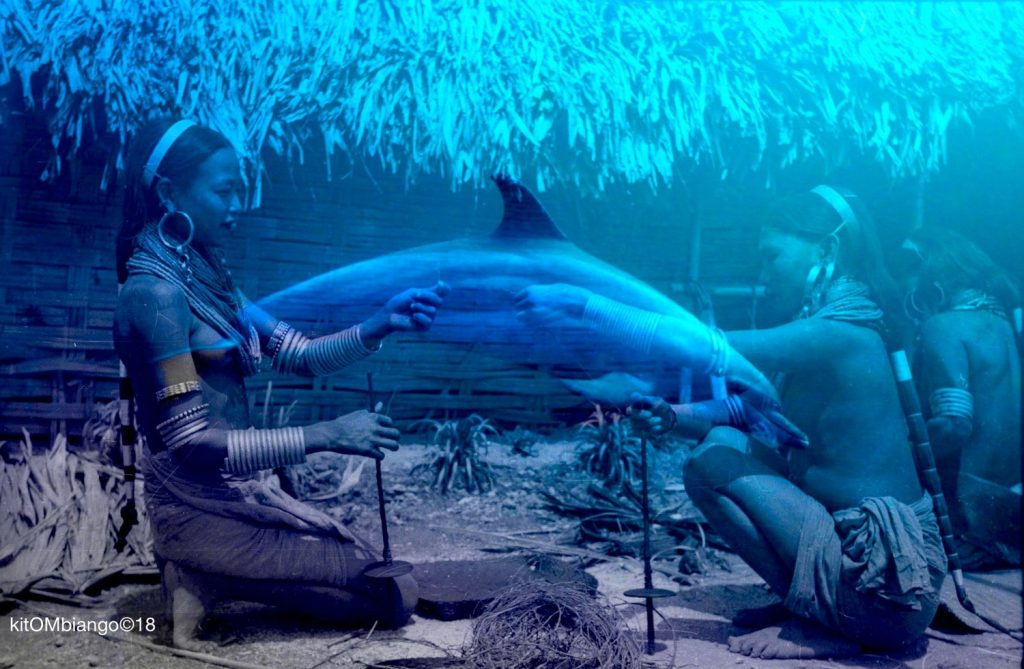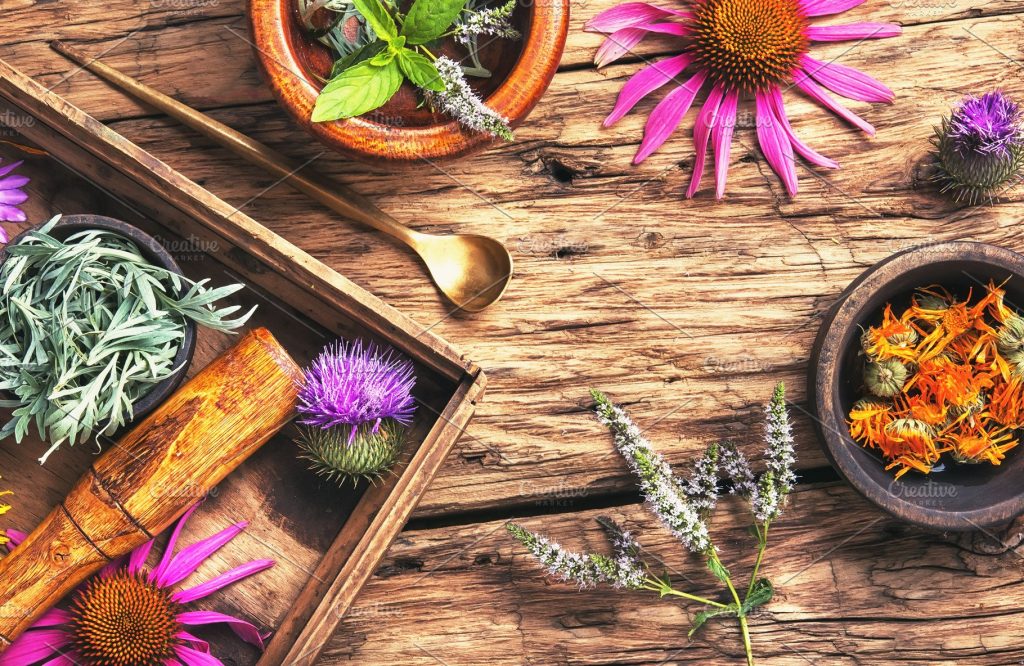The Four Nutriments
There are four kinds of nutriments which enable living beings to grow and maintain life. What are these four nutriments? The first is edible food, the second is the food of sense impressions, the third is the food of volition, and the fourth is the food of consciousness. – The Buddha
We begin our lives as voracious consumers. If we are fortunate, we receive sustenance at the breast of our mother, who is aware that what she ingests ‘passes through’ to her baby. She tries to eat healthy food and avoid substances that might cause her baby harm. Mothers understand that what they consume impacts Life beyond their own body. This is a deep insight.
One way to think about our fall theme, All Consuming!, is to remember that all living beings consume. Plants consume water, sunlight, and nutrients in the soil and convert these into food energy that other beings require to live. Ponder that last sentence. We think of photosynthesis as a vocabulary word on a science test, rather than a true miracle. We, and all our ancestors, are the products of water, sunlight, and soil.
When the Buddha spoke of edible food as the first nutriment, he likely would include today all the substances we take into our bodies—alcohol, drugs, and even the air we inhale. In some places, children wear air filtration masks simply to breathe. It’s not some dystopian future; it’s happening now. We also now have genetically modified foods and synthetic foods; the very nature of food is changing, and so are its implications. Food, water, and air are entangled with politics, economy, and justice. In her keynote, un-pick-apart-able: An Ecology of Food, Nora Bateson says:
We are going to have to pull back from all forms of exploitation to protect the possibility of breakfast for the babies. In that statement is the imperative for clean oceans, for gender equality, for protection of the forests, for human rights, and to end both poverty and wealth.
The second nutriment, sense impressions, includes everything we touch with our senses. The Earth, her flowers and waterfalls, mountains and forests, the night sky, are all very beautiful and fill us with joy. At the same time, many of the media messages we consume, ‘entertainment,’ and even certain conversations, can be quite toxic. We know, for example, that the aggregate effects on children from watching extreme violence—especially sexual violence—can, over time, have similar effects to sustained physical and sexual abuse. Our children, transfused by the Internet, are more withdrawn, anxious, and alienated. Social media has become addictive for many adults as well. We check our ‘feeds’ chronically, even though it makes us feel uneasy in ways we can’t explain. The steady diet of divisive political rhetoric has given rise to confusing terms like ‘fake news’ and ‘alternative facts.’ Read Glenn Aparicio Parry’s article Making Politics Sacred Again and From the Unreal to the Real by World Goodwill for insight about the messages we consume.
Volition is the third nutriment. What does it mean? Volition is what we chase, choose to believe, or desire. As a ‘permanently victorious species,’ we humans don’t have to worry too much about predators, yet we are often ‘consumed’ by worry and fear, regrets and anger. Ninety percent of the thoughts consuming us today are the same ones we had yesterday. To gain a sense of our own volition, we should ask, “What is my aspiration?” If we aspire to more material goods, more money, more sex, more fame, or more control over others, we will almost certainly suffer and so will the world. In the same way a drug-addicted mother makes her baby unwell, being consumed by our own material desires contributes to planetary harm. Many of us, like musician and yogi Jeff Finlin, have been on that treadmill. Read Consumption as The Path. The key is to harness our desire in service to something greater than ourselves. As Mark Longhust states it in The Problem with “More”:
To heal unaccountable desire requires contemplative soul work. We find healing not in libertinism or repression but in locating human desire within a larger economy of divine desire.
To be ‘consumed by Spirit’, quoting Navajo wise-woman Pat McCabe, conveys this idea. When we are consumed by Spirit, we are consumed by love, unity, justice, and peace, far more so than by our self-centered ‘wants.’
And finally, what could the Buddha have meant by, ‘the fourth (nutriment) is the food of consciousness‘? Consciousness is the fundamental substance of reality, so how can we approach it as a nutriment?
Consciousness is our awareness of awareness itself. We are the one watching the rise and fall of our perceptions. But as soon as we say, ‘the one’ or ‘our,’ we enter the realm of duality—the separation of self from other-than-self. We don’t have adequate words to express nonduality or true Oneness.
Maybe it’s easier to think of many streams of consciousness joining one great ocean: the consciousness-streams of plants, animals, minerals, and the Earth herself, as well as the cosmos. All of these streams, and many more, are accessible through meditation, contemplation, plant-medicine, music, dance, art, and other pathways.
Maybe consciousness, as a nutriment, is the stream we choose to ‘tap into.’ During political and social freedom movements, many people tap into the collective urge for equality. And likewise, the current Transition—a movement of many movements arising globally—is inviting us to tap into a stream of evolutionary advancements whose ‘time has come’. The regressive energy of dark conspiracy theories, doomsday scenarios, supremacism, and extremism are examples of toxic ‘foods of consciousness.’ We explore these ideas in more depth in The Deschooling Dialogues | Ayahuasca and Other Pathways of Perception with Alnoor Ladha and Daniel Pinchbeck.
There is much to consume in this edition of Kosmos Journal Quarterly. As always, it is the warm guidance and legacy of our founder Nancy Roof that rudders our small ship. She sends her regards and her love out to each of you. Nancy has been enjoying her days in contemplation. She embodies the deep teaching of the Buddha on the four nutriments, namely that we should consume as though we hold all the babies of the world to our breast. What is it that we want to ‘pass through’ to our children, to all beings, and to this living Earth?
Philadelphia, September 18, 2018






